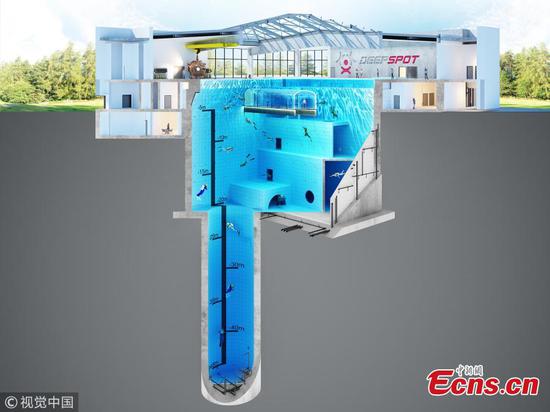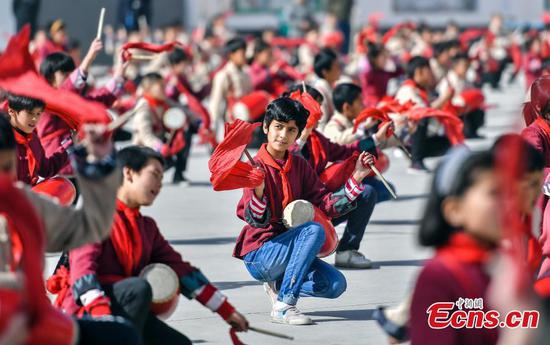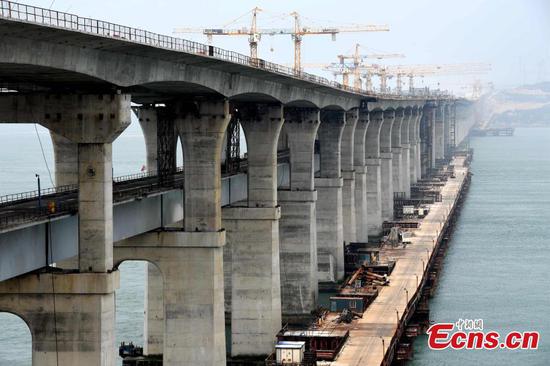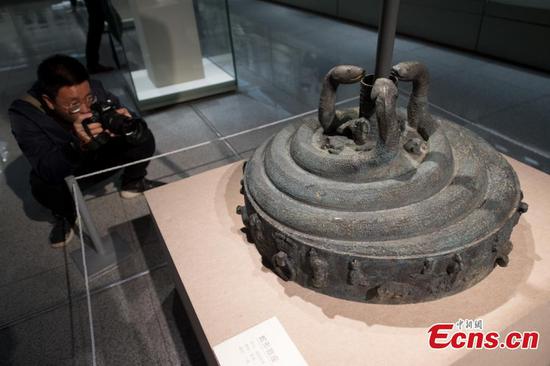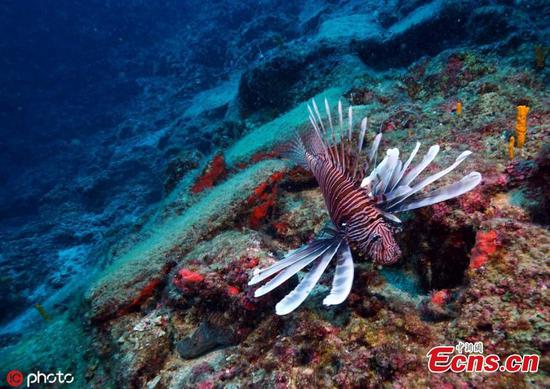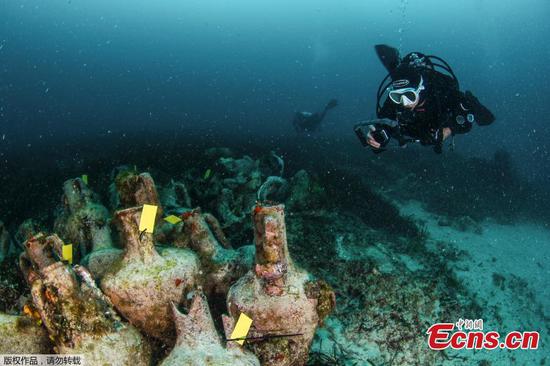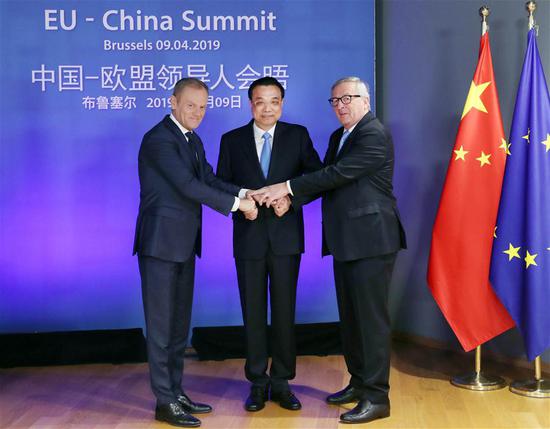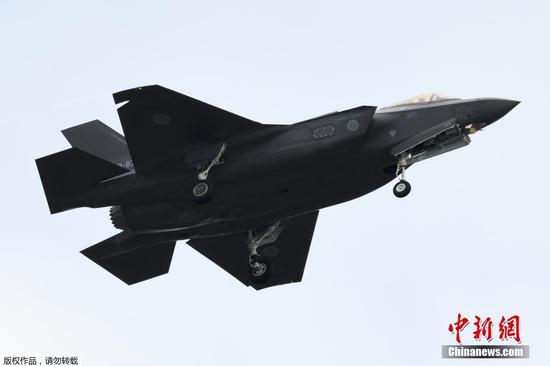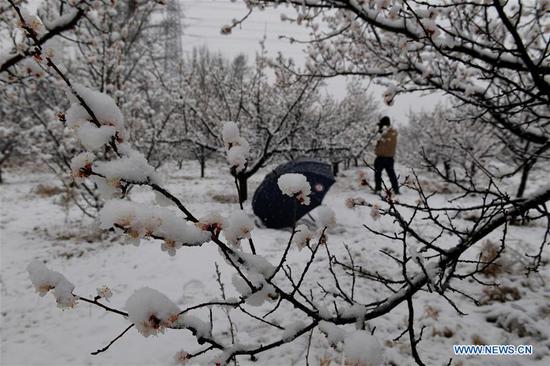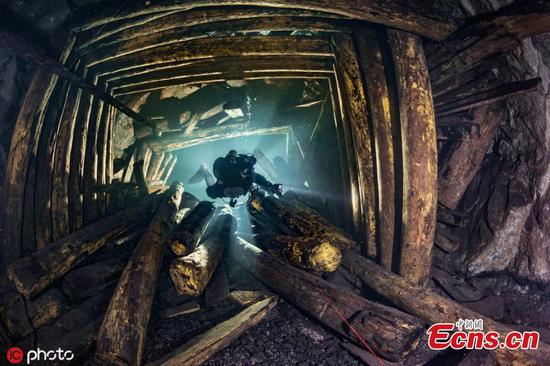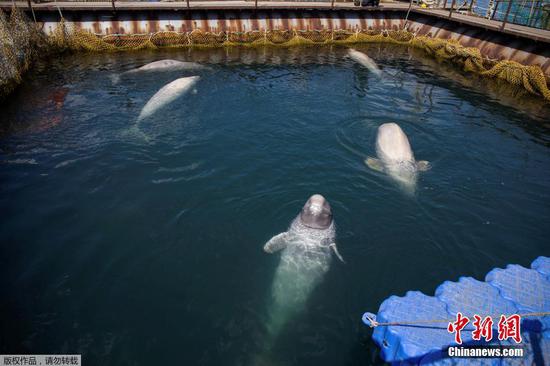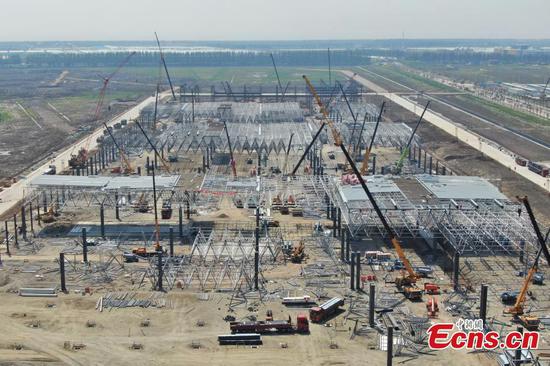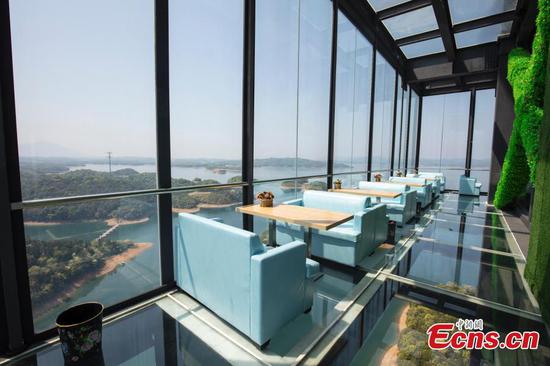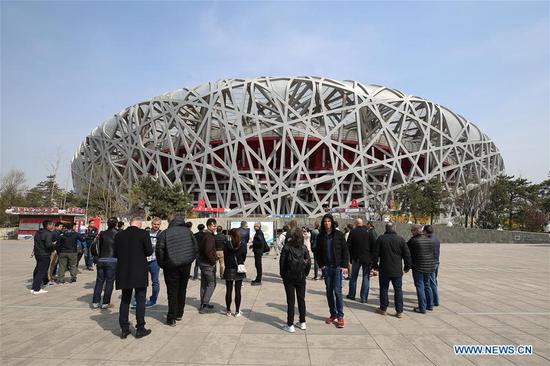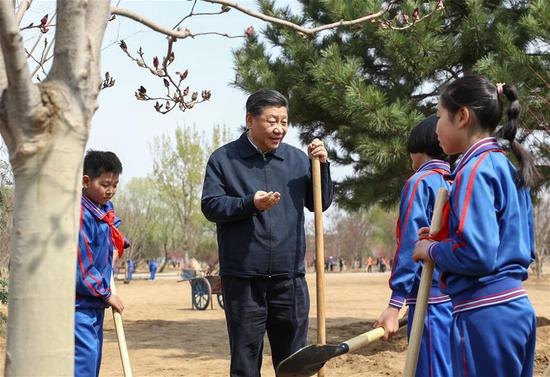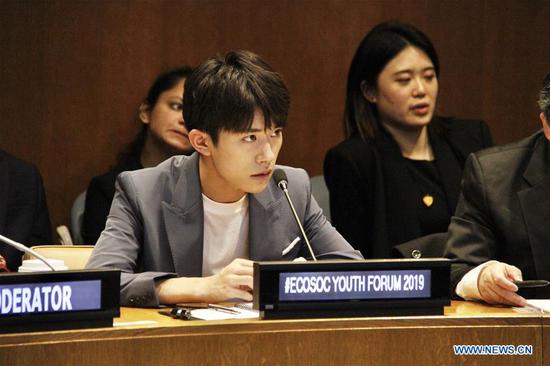Balancing Sino-Croatian ties amid competing EU and BRI rules
Kristijan Kotarski, an assistant professor of International Political Economy, University of Zagreb, Croatia
The European Commission and the High Representative of the European Union for Foreign Affairs and Security Policy recently called China a "cooperation partner" as well as "systemic rival" promoting alternative models of governance. By doing so, they have set out an overarching framework for China-Croatia economic and political relations, notwithstanding the fact that China has refrained from promoting alternative models of governance.
This has raised several competing questions for Croatia, as it is a European Union member state as well as one of the 15 EU countries which have joined the Belt and Road Initiative.
It is important therefore to analyze the range of policy options and financial resources available to Croatia as a member of the EU and the BRI. First, the EU's overall funds for infrastructure and economic development offered through European Structural and Investment Funds are much larger and cheaper for the recipient countries, especially since they come in the form of grants as opposed to loans. But those grants are regulated via a clear set of administrative rules, while Chinese diplomacy is more flexible but also more opaque.
Also, investor-state dispute settlement procedures between two EU states are more precise because of the existing bilateral investment treaties, especially if their claims are brought under the auspices of the International Centre for Settlement of Investment Disputes. So the Belt and Road Initiative should have coherent procedures related to investment disputes between China and EU countries.
Besides, EU countries are guided by their adherence to the EU's rules on state aid and government procurement. Now, the EU has added a common screening procedure to assess whether foreign direct investment from third-party countries constitutes a strategic and public security threat.
So it is important for Croatia to boost the EU's common negotiating position so as to ensure transparency, reciprocity and nondiscrimination when it comes to market access and legal security. Only this can lead to fruitful outcomes in the long run: leveraging common resources and boosting economic exchange.
But despite the aforementioned frictions which should be handled within the EU-China negotiating forum, there is a plenty of space for improving Sino-Croatian trade ties through Central and Eastern European countries' joint initiatives, and bilateral summits between Croatian and Chinese leaders.
Croatia's exports to China, however, are still meager, just more than $150 million, while imports total over $1 billion. Croatian stakeholders are also to blame for missing out on the opportunity to cash in on the further opening-up of the Chinese market and not taking joint initiatives with other CEE countries to pool resources.
And although Chinese FDI in Croatia has increased in the past two years, Croatia can still take new measures to attract more FDI, by eliminating red tape and administrative inefficiencies for instance.










